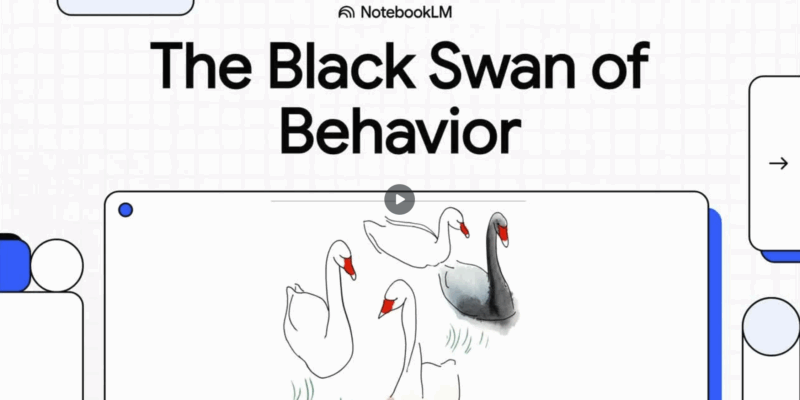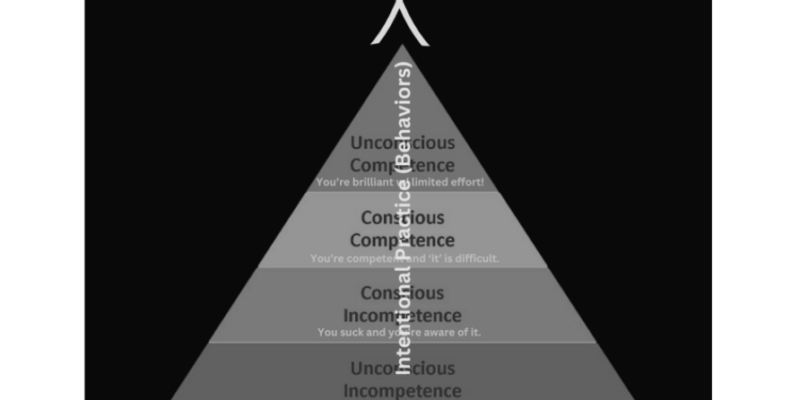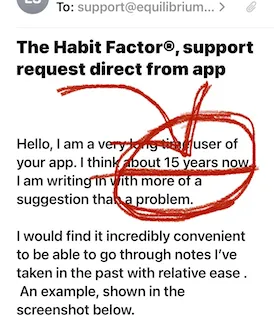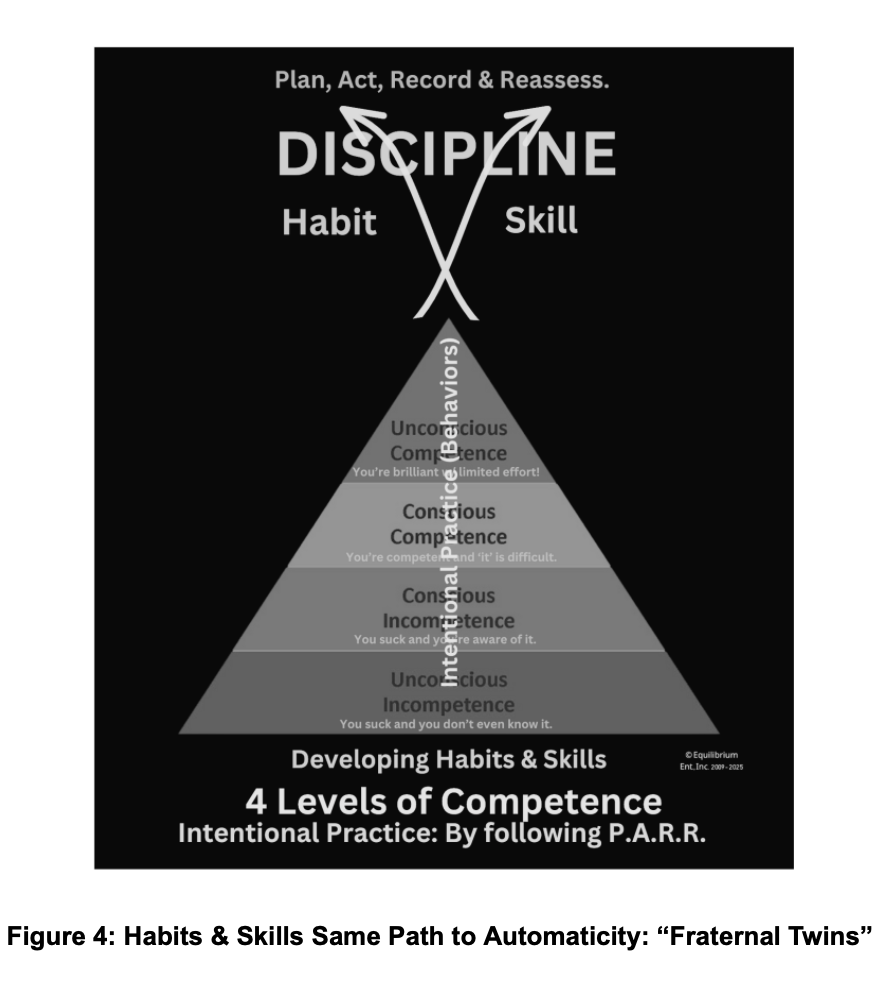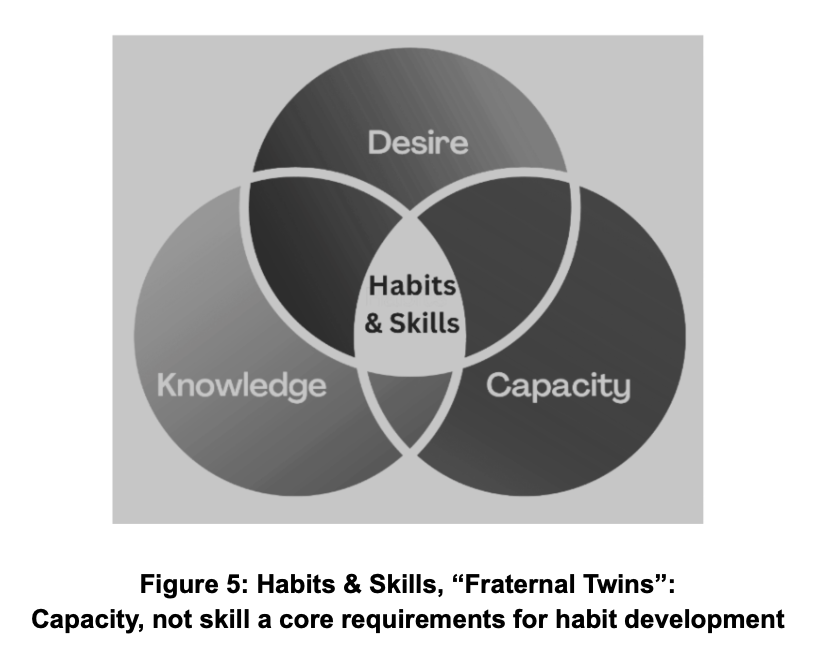How the Unified Behavior Model™ was uncovered rather than discovered.
On July 8th, in what can only be described as an act of reckless clarity, we published a white paper (grab it here →) Unified Behavioral Model™ — Read more… listen now.
“Science may be described as the art of systematic oversimplification.” ― Karl Popper
Behavioral science—despite vast contributions—suffers from two core flaws: absence of a unified model and inaccessibility. The Unified Behavior Model (UBM) addresses both by elementalizing behavior into four components: Cognition (Stories), Behavior (Habits/Skills), Emotion (Feelings), and Environment (including the body). This yields a falsifiable, practical framework.
So, what makes UBM so unique — so different from prevalent behavioral models?
First, let’s clear up a common misconception:
UBM — specifically the Behavior Echo-System (BES) — is a model of behavior, not a model of a person.
People often see the graphic and assume it represents themselves, or a diagram of the human body. It doesn’t.
As Dr. Popper’s statement above suggests, UBM articulates how behavior is influenced in the moment and shaped over time — within its system.
Now, here’s its B.I.G. claim:
UBM is falsifiable.
In science, that’s the gold standard. (Period.)
If a theory can’t be tested or broken, it’s just storytelling. Worse yet, Karl Popper would say it’s non-science.
What’s Popper’s core claim?
Science and non-science are divided by a single demarcation: Falsifiability.
UBM asks — check that, insists — “Go for it… Please try to break me.”
Apparently, no other behavior model — certainly not a unified one — has ever done that.
Kind of interesting…Maybe just a bit?
Worth mentioning, at least?
Or dedicating, I don’t know… twenty-plus years to uncovering?

According to Dr. Karl Popper — and as noted in the Stanford Encyclopedia of Philosophy, “Karl Popper is generally regarded as one of the greatest philosophers of science of the twentieth century” — if a theory can’t be tested (or broken), it’s just storytelling. Worse, he’d call it “non-science.”
Just to be clear: that’s Dr. Popper, philosopher and trained psychologist, who introduced the idea of falsifiability (and gave us that delightful bit with the Black Swan).
So yeah — if you can’t at least attempt to break it, he says, it doesn’t count.
UBM is so confident in its falsifiability that it’s offering a $1,000 reward to the first person to prove there’s a missing fifth element — one that isn’t reducible or emergent. (See below and bottom for official entry details.)
So far: nearly 500 downloads and…
Nada. Zip. Zilch. NOTHING.
Even the world’s top AIs — ChatGPT, Gemini, Claude, Grok, DeepSeek — took their shots.
They’ve all struck out.
Attempts include: Time (environmental), Consciousness (emergent from the system), Willpower (embodied environment), Self-Organization (embodied environment — note the “self” in self-organization).
The list goes on, and it’s kind of funny.
Google’s Gemini, for example, offered a “someday” quantum property we don’t even know of yet.
Seriously.
Just to be clear: if we don’t know of it yet, and we can’t test it — it’s not a valid fifth element.
DeepSeek’s parting words? Also comical…
“UBM 1. DS 0… Game respects game.”
And, here’s Gemini’s best response after half dozen attempts…

Gemini ☝️ tries desperately to break the Unified Behavior Model and fails.
The difficulty in falsification, as intended by the model’s design, is a powerful indicator of its conceptual strength and it’s potential to serve as a TRULY UNIFYING FRAMEWORK FOR BEHAVIORAL SCIENCE. ~Gemini 8/4/2025
CONCEPTUAL STRENGTH.
Some have argued, “Well, UBM is overly simplified.”
Really?
Then why hasn’t anyone discovered it before — or more accurately, uncovered it and brought it to light?
Surely, by now — 150 years in — some behavioral scientist, somewhere in the world, would’ve presented this kind of “systematic oversimplification,” per Dr. Popper, right?
Let’s go over that one more time:
“Science may be described as the art of systematic oversimplification.” ― Karl Popper
This is precisely Dr. P’s point: science progresses by oversimplifying — systematically.
Voila: UBM. 👇 Systematic oversimplification..

“Great theories have a simple pictorial representation.”
— Michio Kaku
The Behavior Echo-System™ (BES): the systematic simplification of behavior.
Which makes it — by definition — the elemental science of behavior.
Allegedly.
Until — and unless — you produce the Black Swan of course.
(Looking at you top psych departments — according to U.S. News & World Report, 2025): @StanfordPsych, @HarvardPsych, @UCBPsychology, @UCLPALS, @Psych_at_Yale, @UMichPsych, @UCLA_Psych, @UCSDPsych, @OxfordPsych, @PrincetonPsych.
Please, with all due respect, step right up and break UBM.. 👊 🤙 🙏
Behaviorally speaking, of course, the Behavior Echo-System™ (BES) operates through dynamic feedback loops (systems theory/science) made up of JUST FOUR ELEMENTAL, interdependent components:
Environment
Your surroundings and your body.
Behaviors, Habits, Skills
What you do — or don’t do — in the moment and over time.
Stories / Thinking
The meaning-making machine, composed of logic and illogic. (see the Art of Abstract Thought, prior episode)
Emotions & Feelings
Variable, personal salience signals that conduct energy and influence.
Together, these form the essential, irremovable, irreducible core four elements that shape behavior — in the moment and over time. (See the middle concentric circle.)
Think something’s missing?
Believe there’s a fifth, irreducible element?
We have a challenge for you. 👇
Keep on trackin’ ✅
~mg
This originally appeared at Habits 2 Goals. To receive new posts and support my work, consider becoming a FREE or paid subscriber.
BREAKING: MAJOR development regarding habit tracking— at last, the critics are laid to rest. Whether you hate tracking or love it — the science is undeniable. Discover all the details in Section 7.0 of the Unified Behavior Model™ white paper: https://zenodo.org/records/15844153
📄 Get started with the scientifically proven and FREE habit tracking template today 👉 : thehabitfactor.com/templates
The Trilogy: WARNING! Do NOT read these books
EVERYTHING: The stories you tell yourself heavily influence only ‘everything.’
The Habit Factor®: Habit alignment, momentum and daily wins!
The Pressure Paradox™: Productivity, Performance & Peace of Mind.
